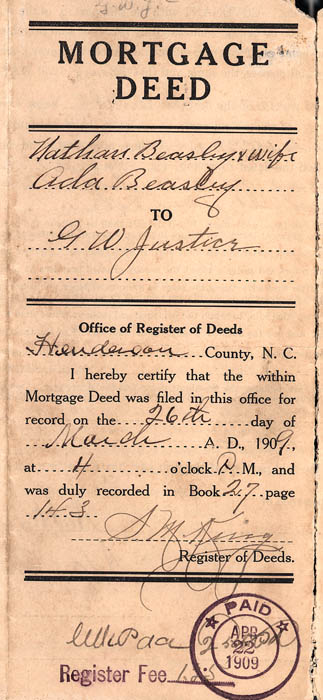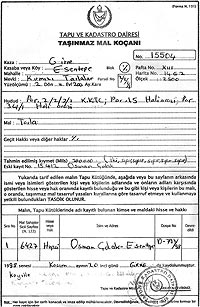Deeds
A deed is any legal instrument in writing which passes, or affirms or confirms something which passes, an interest, right, or property and that is signed, attested, delivered, and in some jurisdictions sealed. A deed, also known as an instrument in solemn form, is the most formal type of private instrument requiring not only the maker of the deed (grantor, transferor) but also attesting witnesses as signatories. A deed has therefore a greater presumption of validity and is less rebuttable than an instrument under hand, i.e., signed by the party to the deed only, or an instrument under seal. A deed can be unilateral or bilateral. Deeds include conveyances, commissions, licenses, patents, diplomas, and conditionally powers of attorney if executed as deeds. The deed is the modern descendant of the medieval charter, and delivery is thought to symbolically replace the ancient ceremony of livery of seisin. The use of attesting witnesses has replaced to a large extent the former use of seals to create a higher degree of formalism; this explains the traditional formula signed, sealed and delivered and why agreements under seal are also called contracts by deed.








No comments:
Post a Comment